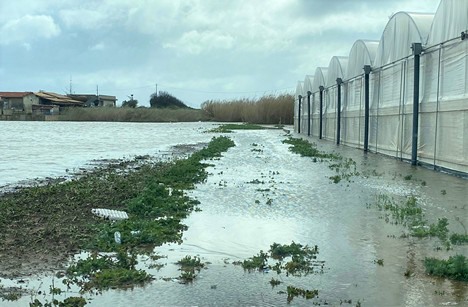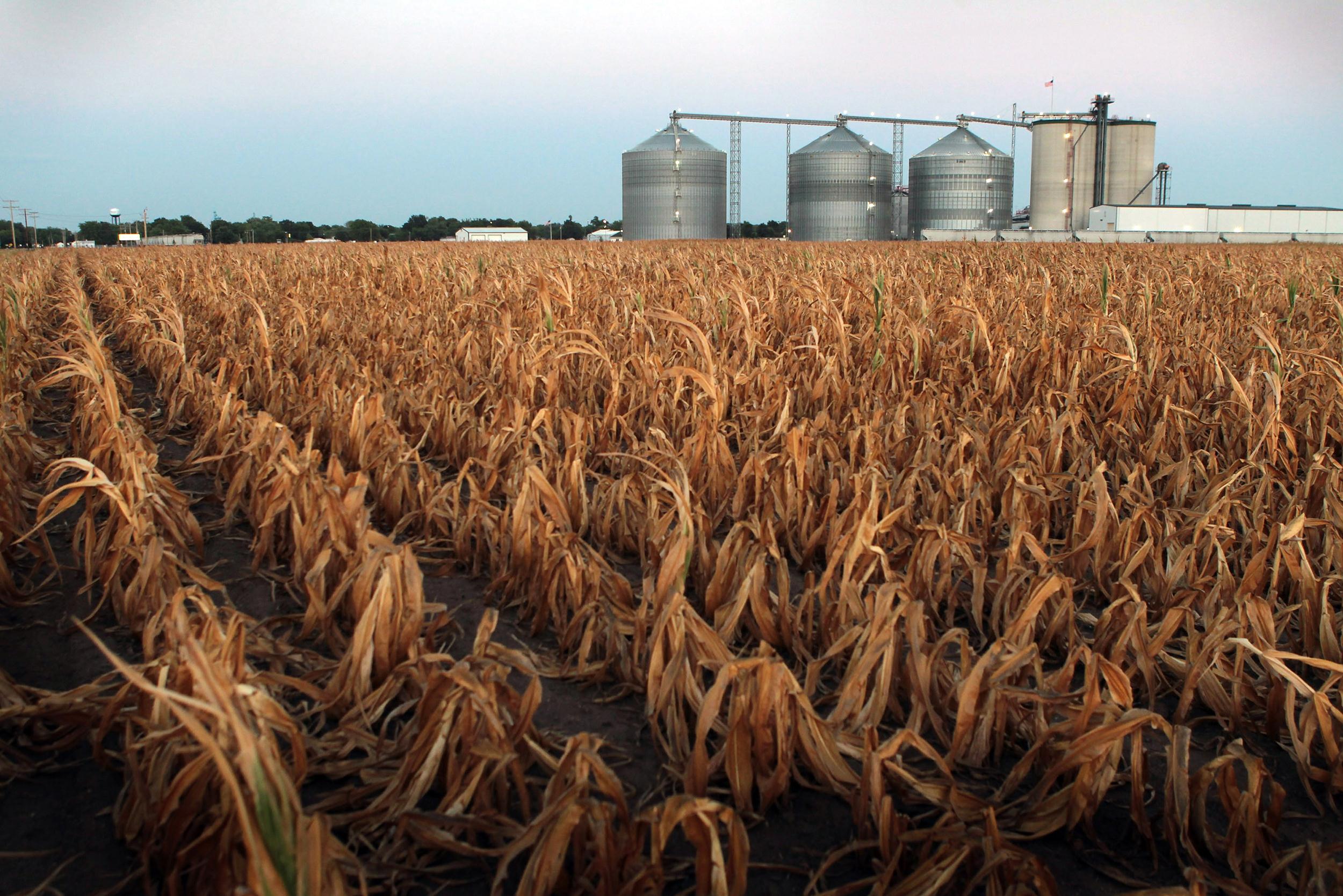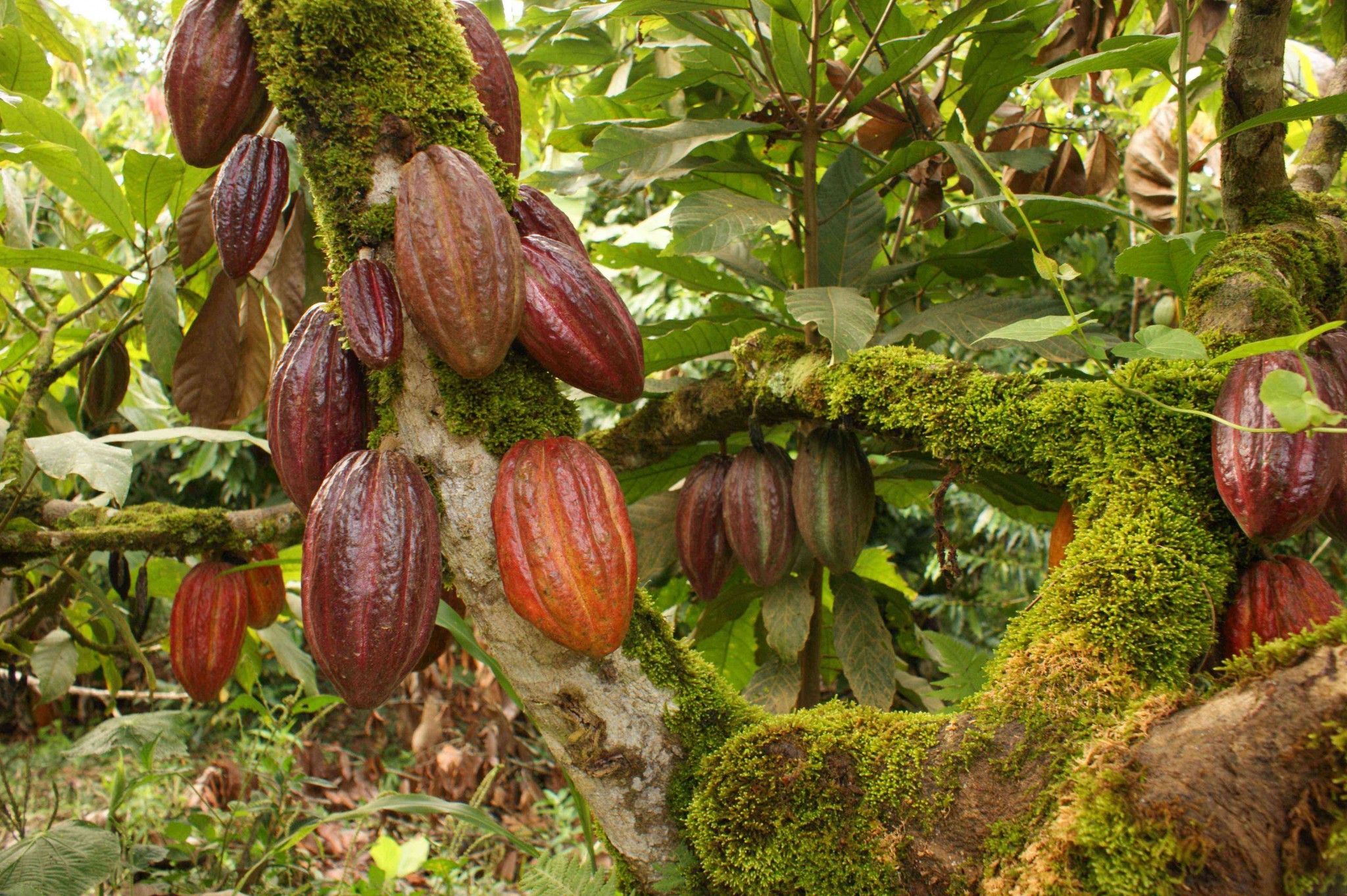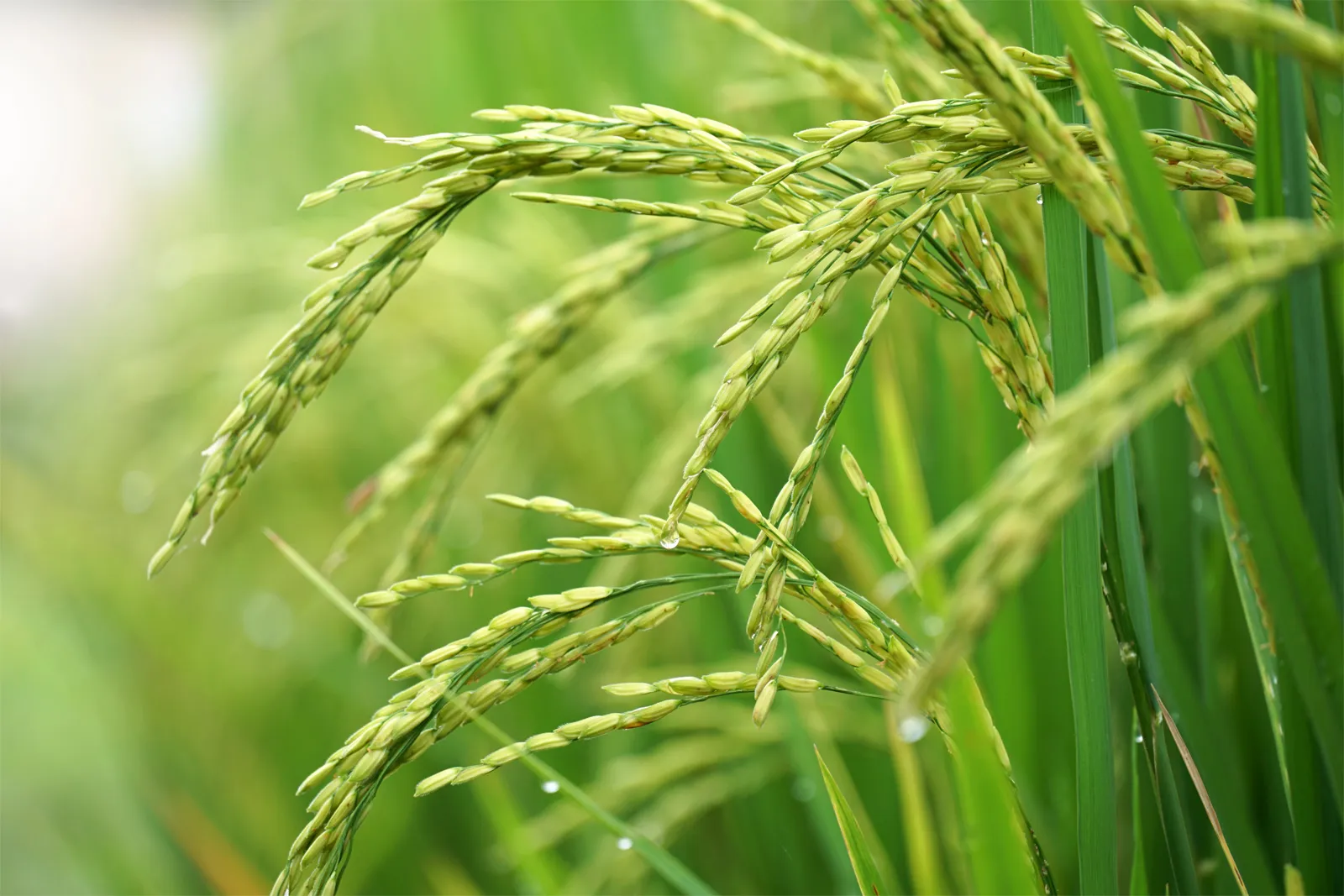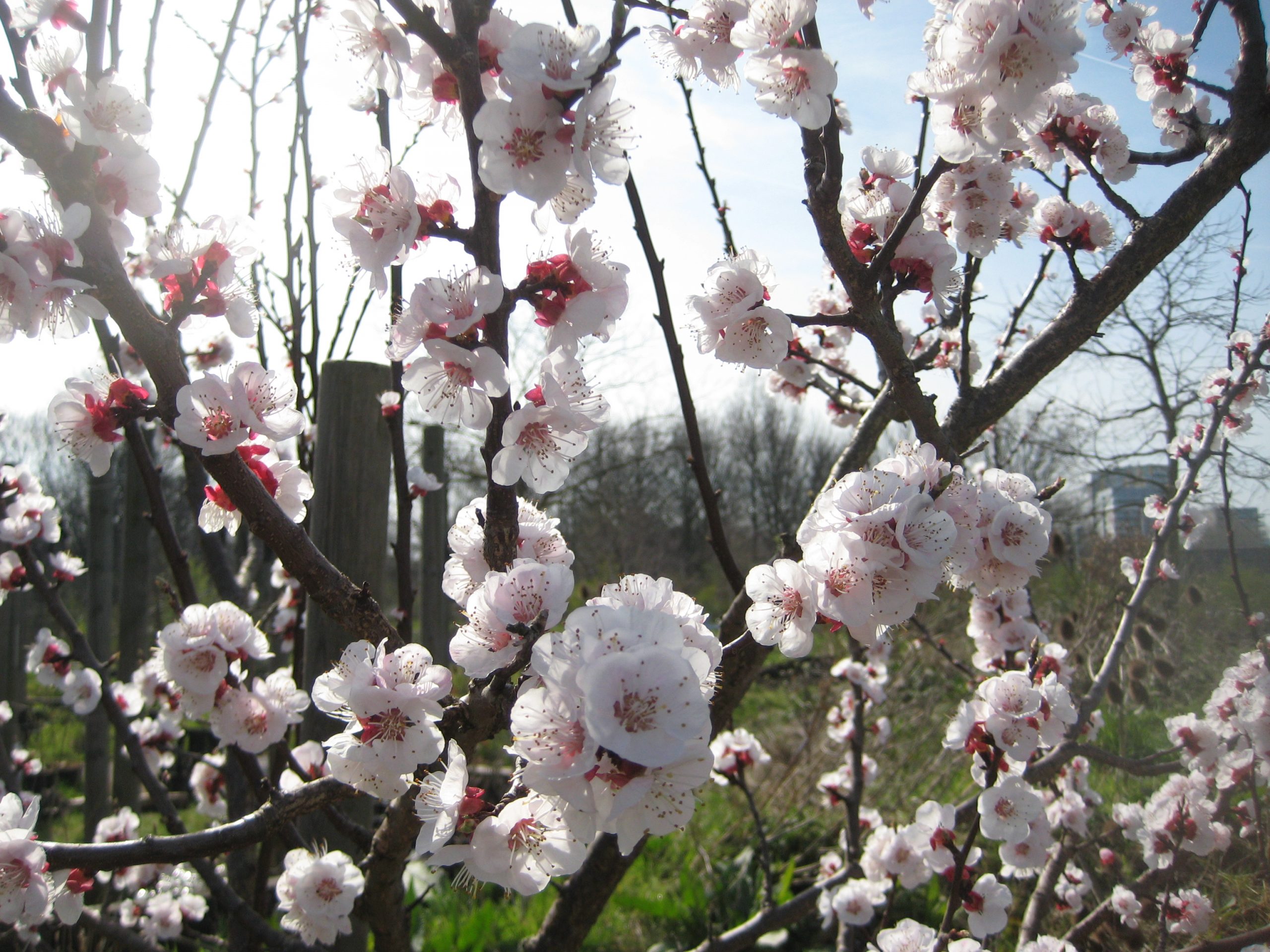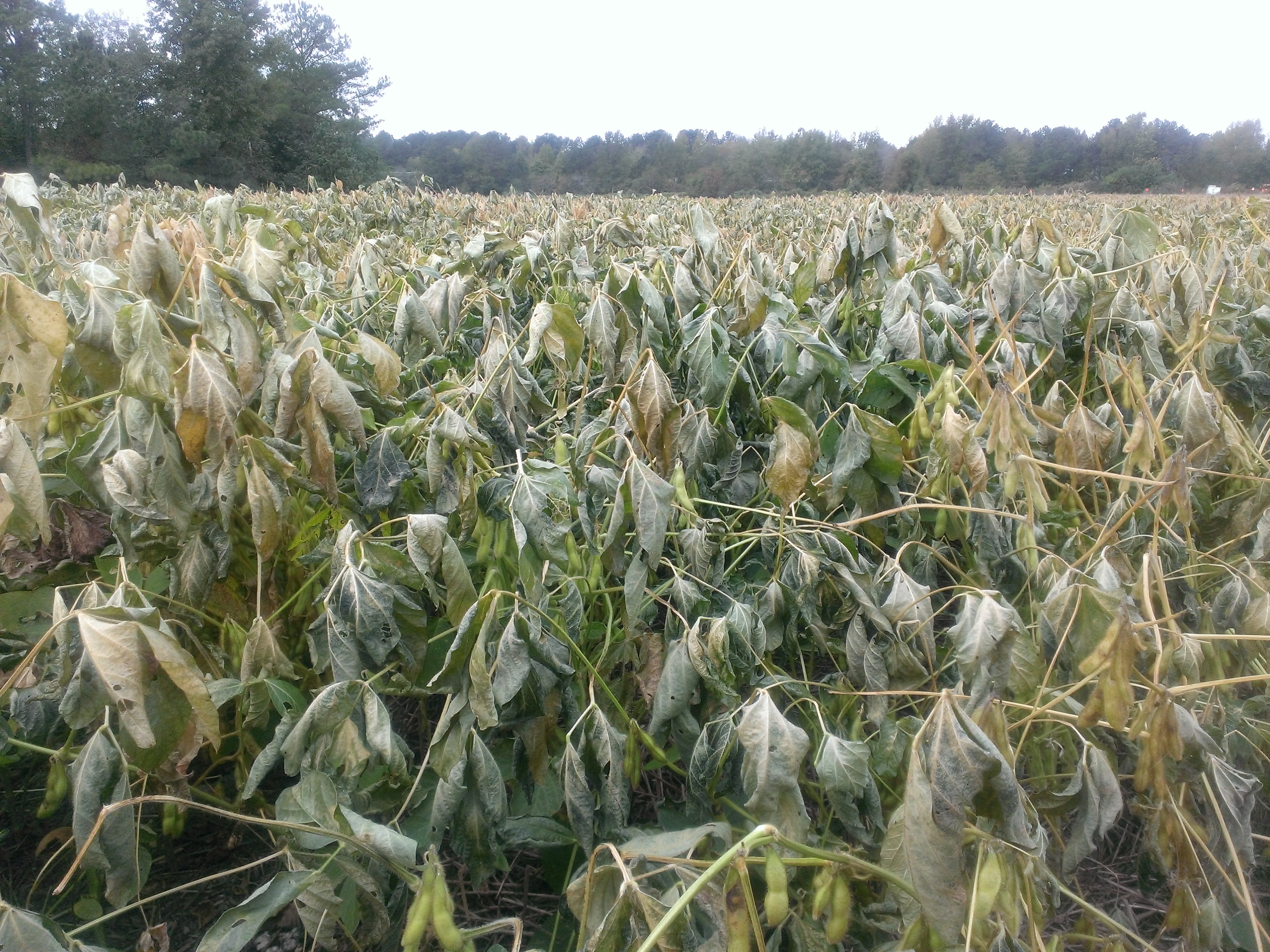The extent to which the freezing winter affected the Serbian economy and citizens will be known only in the coming months, as well as consequences in the agricultural sector and how this will in turn affect food prices. The good news is that wheat and corn, leading export crops, remained undamaged. Ranka Pavlovic has more.
Heavy snowfall, which paralyzed Serbia in February, was beneficial only to crops, helping them survive freezing temperatures as low as to minus 30 degrees Celsius. In Serbia last fall, 490 hectares were planted in wheat and most of the crop should easily germinate. Over the past few days, maize seems to be favored by circumstances, including the fact that the roads have become passable, which will allow its export. The trading activities at the domestic commodity exchange market have been intense as far as corn, priced at 18.5 dinars per kilogram, is concerned, and exporters have already started fulfilling contractual obligations to foreign buyers.
Being particularly sensitive to low temperatures, the situation with nuts is unfortunately not as good. Frost can cause serious damage, or even drying out of trunks of cherry, sour cherry, apricot, peach and plum trees. As for grape vine, it usually must be cut to the root and several years must pass before the plant fully matures again. In addition, the ice damaged thousands of greenhouses, and vegetable growers warn that this will affect yields as well as prices of vegetables.
Producers encompassed by restriction imposed by the Serbian Power Supply Company have faced great financial losses. Thus, according to first estimates, big manufacturing firms that had to stop production sustained daily losses amounting to 12 million euros. On a daily basis, the Serbian Power Supply Company had to import about 20 million kilowatt hours to meet the needs of all consumers. This company still does not want to talk about the cost of emergency imports, as there is still no definitive information. However, if one knows that the most expensive daily import was about 3 million, then, according to rough calculations, during 15 days of extremely cold weather, this public company had to pay more than 30 million euros to import power. Companies across the country had losses even prior to restrictions because heavy snowfall blocked traffic. Damage, sustained by land, river and rail carriers and ports on the Danube, especially in Belgrade and Novi Sad, amount to hundreds of thousands of euros. The Serbian Roads company engaged up to 30% more machinery to maintain the 15,500 kilometers of roads during the cold wave, and, according to estimates, their costs will exceed 1 billion dollars.
A list of damaged buildings is very long. Roofs of thousands of hospitals, schools, apartment buildings and other structures collapsed under the weight of snow. Ice has damaged many roads in the country, and there were failures on the water and electricity networks. The ice, occasionally even 30 centimeters thick, rapidly moved on the Danube, destroyed more than 100 vessels, mostly boats, and recreational and tourist facilities on the water. Unofficially, the damage is estimated at more than 1 million euros. However, this apparently will not be the final balance of the damage. as a flood wave is possible due to melting snow, which the crisis staffs anxiously await, as well as businesses and individuals.
Source - http://glassrbije.org/






